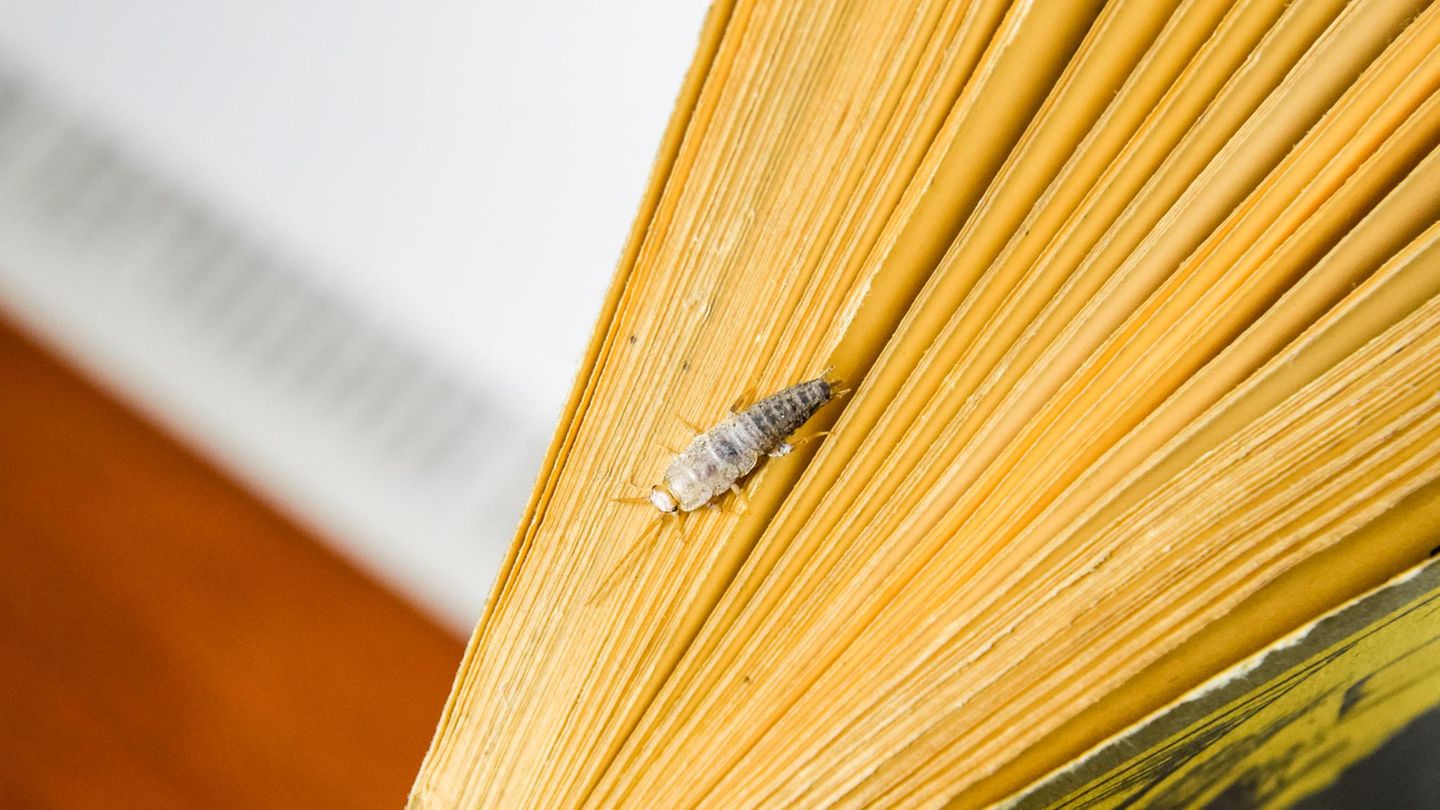Since the fall into default of Los Grobo, Agrofina and Surcos, the eyes of the financial world and the countryside focused with special attention on other large firms in the sector and their short-term debt. One of these companies is ALZ Seedspart of the ALZ Agro Group, which recently had to face the risk rating agency Fix assigning it a “Negative Outlook” due to the drop in its sales and short-term debt maturities that amounted to US$17 million.
The truth is that, when asked about Scopefrom the national capital company were forceful: “We are not in financial stress and we are going to comply with all our debt commitments,” they assured.
Specifically, the Fix report distinguished that the company maintained its risk rating at A-(arg), but that, given the general context of the sector and the specific context of the company, it simultaneously assigned a “Negative outlook.” Among the fundamentals, it was highlighted that ALZ Semillas, with revenues of US$13 million as of September 2024, accounting for the partial period of six months, suffered a year-on-year drop of 59%, attributed to a reduction in the area planted with corn and adverse weather conditions. In this framework, as of September its debt amounted to US$18 million, with US$17 million concentrated in the short term, exhibiting tighter liquidity.
In any case, according to management information as of December 12, 2024the company reported cash and current investments for US$10 million, added to available lines with banks for US$12 million. Likewise, the company has the possibility of concentrating commercial debt with its main seed supplier for up to US$25 million for a 365-day term.
In this context, Wenceslao Schimmel, financial manager of ALZ Agro, remarked: “This management report as of December makes it clear that we have the financial flexibility to meet all of our debt maturities. On the other hand, Fix made a cut for the six-month period of our fiscal year in September and, although it is true that sales showed a very significant drop, this was also due to a particular issue of the campaign, which was very different from previous years. ANDThe producer delayed the purchase of agroinputs for various reasons, ranging from the change of government to the possibility of a devaluation that later did not materialize. The truth is that it will be evident at the end of the year in March that we will end up with a drop in sales of between 10% and 15% as a result of the drop in the corn planting area due to the pest known as the leafhopper.“.
For its part, Luis Perezfounding partner and marketing director of the group, explained: “We do not participate in the agrochemical business segment, we are only a commission sales channel and we are focused on the production and marketing of seeds. They are two different businesses. Everything that is agrochemicals and fertilizers has a very limited margin and you have to know how to manage it because the risk is very high. Another important issue is that we turned to the capital market in 2023 because it was very convenient; It was cheaper than financing ourselves with our supplier, who in turn gave us a discount for cash payment. And that’s what we did: we used the proceeds from the ON to pay our main supplier. “It was not to expand or leverage investments.”.
In this context, Pérez highlighted that, despite the adjustments in cash flows, the company maintains a conservative financial strategy: “Since our founding in 2008, we have prioritized compliance with suppliers and financial partners. This reputation has allowed us to maintain access to credit on favorable terms, even in a year like this.”
Asked about the sectoral context, Pérez explained: “The global market shows low prices for commodities such as soybeans, which affects the entire agricultural chain. However, we are seeing opportunities in segments such as biofuels. For example, entering the rapeseed market is an important step for us due to its growing demand in Europe.”
Both managers agreed that 2025 presents conditions for a partial recovery. “We hope that the area planted with corn will recover after the significant drop in 2024. This crop is fundamental for our portfolio and we are confident that demand will return to previous levels,” said Schimmel.
In turn, Luis Pérez highlighted the importance of diversification: “We are strengthening our offer with new crops such as sunflower, sorghum and rapeseed. In addition, we will launch adapted hybrids to respond to market needs and improve producer yields.”
Finally, Pérez also reflected on the challenges of the sector: “Agriculture faces a very high tax burden, especially with withholdings. This distorts the competitiveness of crops and reduces incentives to invest. We hope that the government will take measures to align the tax burden with the needs of the sector.”
Schimmel added: “On a global level, multinationals are also seeing a decline in profitability. This forces us to be more efficient and optimize our operations, always maintaining the focus on sustainability and technology.”
Source: Ambito
I am Pierce Boyd, a driven and ambitious professional working in the news industry. I have been writing for 24 Hours Worlds for over five years, specializing in sports section coverage. During my tenure at the publication, I have built an impressive portfolio of articles that has earned me a reputation as an experienced journalist and content creator.




